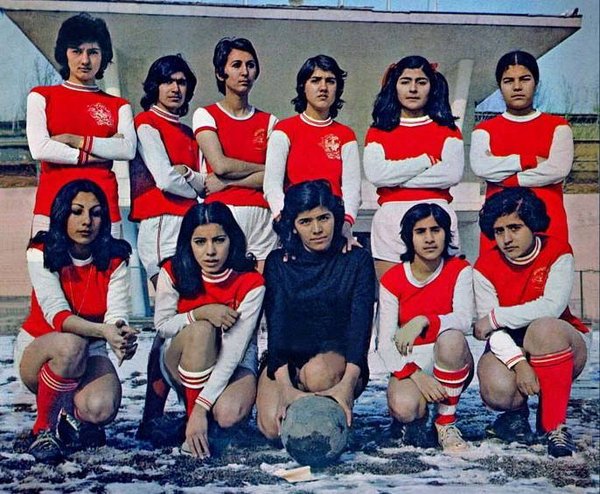Sarah Ditum has a long, brilliant piece in The New Statesman, What is gender, anyway? What is it indeed. It’s a vexed subject at the moment, she said with a polite cough.
The conversation about trans gender has moved, Ditum points out, from physical transition to more ethereal kinds of “transition” like identifying as or expression. On the other hand there is the essentialist view of for instance Simon Baron-Cohen,
Professor of Developmental Psychopathology at the University of Cambridge, who has written extensively on what he calls “the essential difference”, claiming that the male brain is inherently systematising and the female brain inherently empathising, leading to a natural division of roles on the basis of a physical difference. (Baron-Cohen does allow that “not all men have the male brain, and not all women have the female brain”, but the fact that “systematising” roles occupied by men tend to be well-paid and prestigious, while “empathising” ones performed by women are less valuable or even entirely unpaid, is regarded as an unfortunate coincidence.)
Haha. That’s a bitter joke.
Feminist analysis has vigorously challenged that view. In The Second Sex, Simone de Beauvoir famously wrote that “one is not born, but rather one becomes, a woman”, stressing that gender (one’s social role as a woman or man) is something that must be learned – and that this learning process is enforced on the basis of sex.
And feminism could be described as the endless, difficult, frustrating work of trying to change that Thing that must be learned. Feminists want everyone to have bigger, looser, more swappable (aka fungible) social roles as a woman or man. The reason there is this ongoing tension (another polite cough) between feminism and the narrower versions of trans activism is that we (feminists) want to erode the boundaries of gender while the narrower versions of trans activism want to build taller walls around them.
Ditum goes into the details of this with brilliant clarity, then considers the difficulties.
It is impossible to talk about gender without talking within it. All of us have a position within its class hierarchy, and that position is dictated not by a subjective feeling, but by the way other people respond to us over a lifetime, educating us in the part we are supposed to play. And yet the theory of innate gender requires us to believe that gender is both natural and good, while its application to women’s politics and women’s spaces replicates ancient misogynistic habits of denying women their own limits. As this goes on, the needs of gender-nonconforming individuals who might not be best served by gender identity theory are disregarded to an alarming degree…
Meanwhile, we are building a political and legal edifice on foundations which are, to say the least, scientifically shaky. There is no doubt our society can be unkind and even violent to those who do not conform to gender norms. But is accepting a theory of innate gender identity, with all its associated costs for those born female, really the best way to stamp out that prejudice?
I don’t think we’ve given the other way of doing it – making gender nonconformity the property of everyone, and routine, and no big deal, and not a reason to bully or censure or mock people – a good enough try. Not even close.











